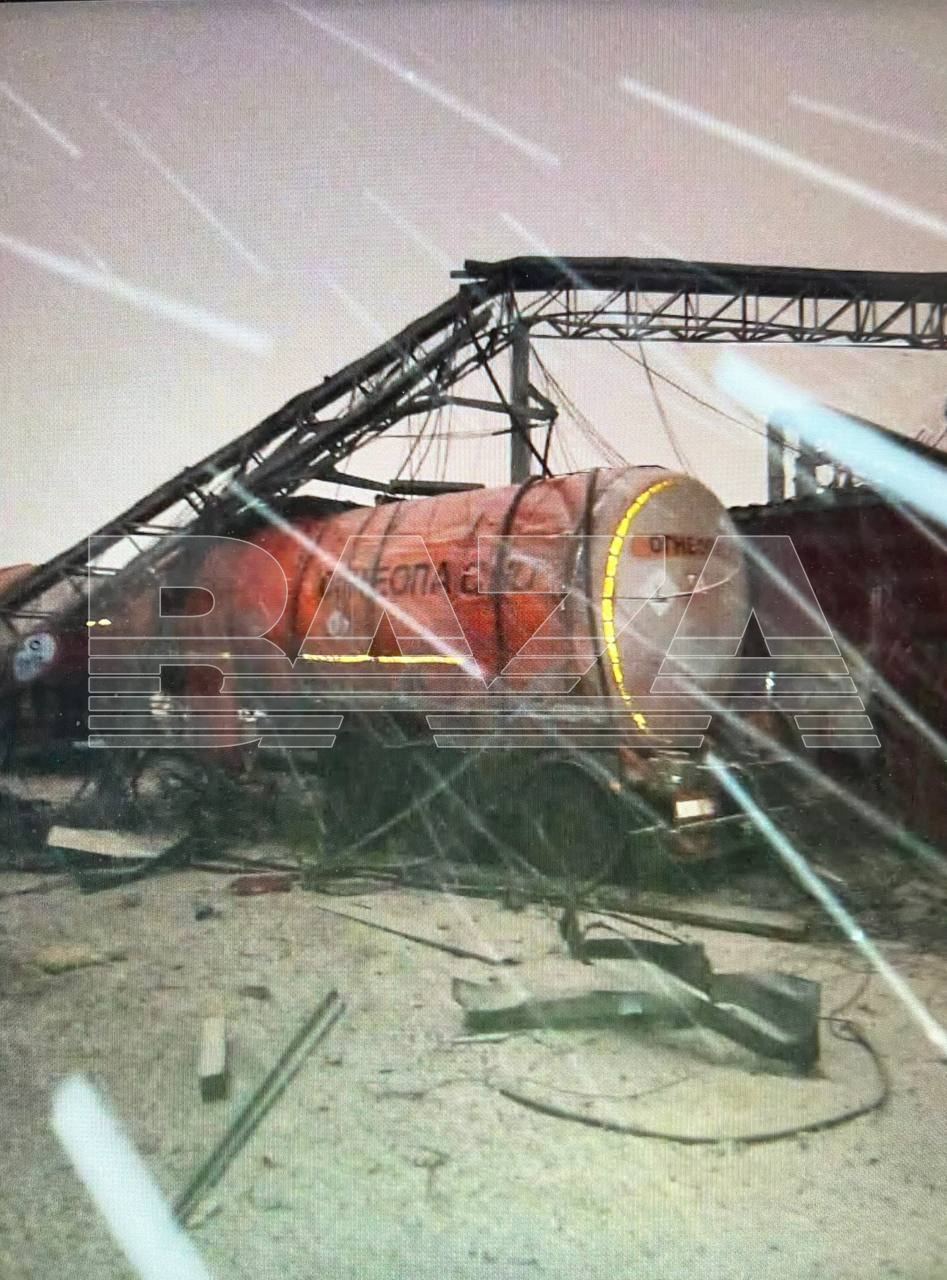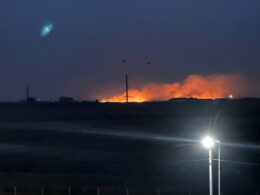An explosion rocked the Nevsky Mazut oil refinery in the Baltic Sea port of St. Petersburg, Russia early on 31 January, according to Russian Telegram channels and local authorities. Ukraine’s Main Intelligence Directorate (HUR) was behind the attack, according to Ukrainska Pravda’s intelligence sources.
Russian outlets such as Fontanka claim a Ukrainian drone struck oil tanks at the facility around 4:50 a.m. local time, additionally damaging some cars. Earlier air traffic restrictions were imposed at Pulkovo Airport between 3:53 a.m. and 5:11 a.m. due to the presence of an unknown object in the area’s airspace. According to Ukrainska Pravda’s HUR source, Russian S-400 surface-to-air missile systems tried to shoot down an incoming drone but failed. The oil refinery is approximately 850 km from the Ukrainian border.
St. Petersburg Governor Beglov claims no casualties or significant property damage from the incident, while local media outlets are reporting fires at oil storage tanks.
Previously, Ukraine successfully attacked one of the largest St. Petersburg oil depots with an indigenous drone on 18 January. The recent events continue a series of strikes across the Russian oil facilities in the Krasnodar, Leningrad, Tambov, and Bryansk oblasts, disrupting Russian logistics and industrial operations.
Media: Ukrainian drones strike oil depot in Saint Petersburg
Russian oil infrastructure in the Baltic Sea ports is crucial to the country’s oil exports, responsible for nearly 60% of the sea-transported international oil shipments. According to Bloomberg, Russia’s net oil revenues of $11.3 billion in October 2023 accounted for 31% of the nation’s overall net budget revenue for the month.
The attacks aim to deprive the Kremlin of the revenue it uses to finance the war. Another goal of such Ukrainian attacks is to incapacitate essential infrastructure involved in the war effort, as Russian refineries are actively providing their products to meet the demands of their military forces.
Read more:
- Ukrainian-made drone flew 1,250 km and hit "target" near St. Petersburg, Minister confirms
- Media: Ukrainian drones strike oil depot in Saint Petersburg
- Fire breaks out at oil depot in Saint Petersburg
- Reuters: Ukrainian drones reportedly destroyed Russian oil refinery in the Black Sea





